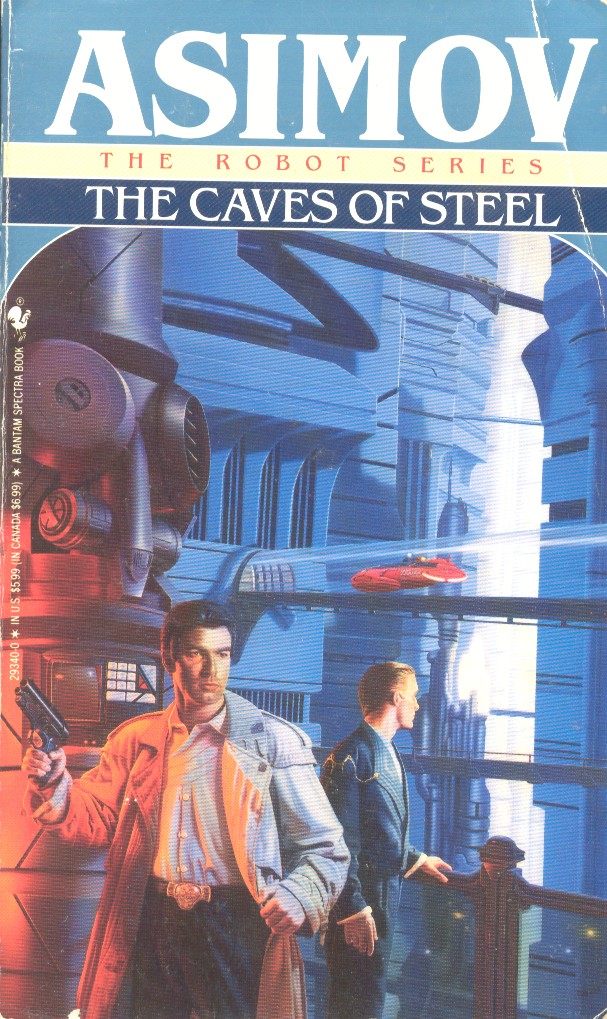Twitter is bringing the literary world new sensations, but none so delectably satisfying as The Fake AP Stylebook. The page is very similar in appearance to the real AP Stylebook, with the exception of "If you use this you will get fired!" in the corner. This hilarious site pokes fun at the stodgy, stuffy and restricting real AP Stylebook that journalists are so familiar with.
Editorial rules are tweeted and each one seems funnier than the next. A few examples of my favorites:
@hanged/hung - Hanged refers to an execution. You know what hung refers to. We're all adults here.
@STAR WARS Episodes IV-VI are to be referred to as "The Original Trilogy." Episodes I-III are not to be referred to at all.
@Use "gay" or "lesbian" to refer to people, "alternative lifestyle" to refer to Trekkies and Twilight fans.
@Don't confuse "philanthropist" and "philanderer," no matter how much they both put stuff in people's pockets.
Of course, the success of this site, even Twitter itself, leads to the inevitable discussion of print vs. viral. To most, if not all, it seems as if the print world is suffering. Newspaper circulation is declining, books are published electronically and getting your creative voice heard now only requires texting 140 characters. Indeed, the trend implies that literary print will be a thing of the past.
But to this I say, Nay! The two main men who run the Fake AP Stylebook page and manage the online contributors, Ken Lowery and Mark Hale, have been offered a book deal. A physical editor will critique and improve their tweets, form them into a cohesive whole and then place it on bookstore shelves. Their viral success has landed them success in the print world. There is further proof that print is viable and kicking still; this whole site would have failed if not for the copyeditors who find it so humorous, such as myself. If it weren't for the editors who used the book religiously for their print publications, there would be no market for the online parody.
The brilliance of this site is twofold. First, it is hilarious and original. It offers relief from the constant pressure of correct punctuation that its more serious companion dictates. Second, the Fake AP Stylebook accomplishes something much bigger, almost unintentionally. This page illustrates the possibilities for the future of writing, both online and in print. It embraces the print world while it jabs companionably at it, and leads by example on bringing the two worlds together.



